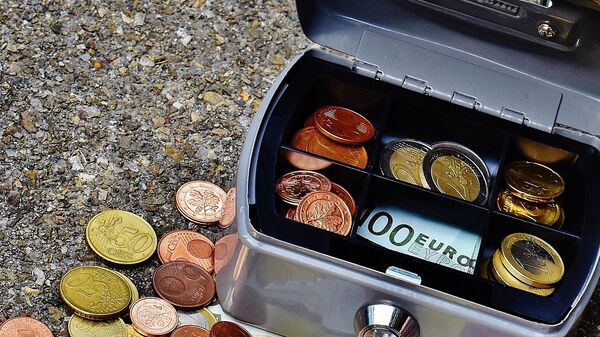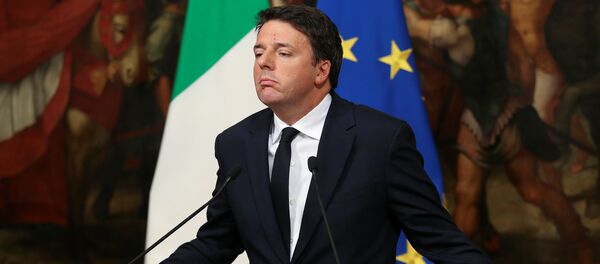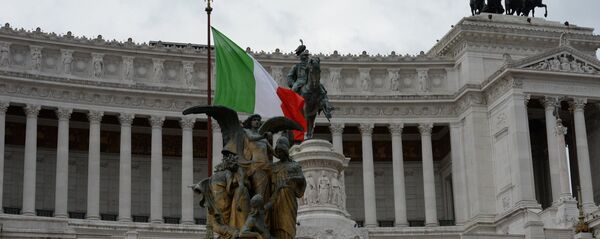Kristian Rouz – Political turmoil has erupted in Europe once again, affecting the markets worldwide, as the Italian Prime Minister Matteo Renzi-proposed constitutional reform failed in a referendum on Sunday.
Subsequently, the euro crashed to a 20-month low, European stocks plunged and bonds gained in value with yields skyrocketing. The political uncertainty and the possibility of Itexit, green-lit by Sunday’s referendum, have spurred investor demand for haven assets. Meanwhile, from the economic perspective, Italy would indeed benefit from looser monetary and fiscal policies and a weaker national currency than the euro, as opposed to the European Central Bank’s (ECB) policies of austerity and the goal of removing accommodative policies.
In order to quell market anxiety, the ECB is poised to enhance its buyouts of Italian bonds and other assets, providing a more accommodative monetary environment to the turbulent EU member-state, hoping to prevent the Itexit scenario. However, it is impossible to speculate how this will eventually play out.
“Markets tend to react much faster to changes of environment now,” Yannick Naud, bond strategist at Geneva-based Banque Audi (Suisse) SA said. “There is now a possibility of the euro reaching parity to the dollar. Maybe not right away, but it is a possibility if there is certainty regarding new elections.”
The expectations now are “a negative outcome for both political stability and the economy in Italy,” Wolfango Piccoli of Teneo Intelligence opined. “However, it will not pave the way for immediate worst-case scenarios such as snap elections.”
Which means the populist Five Star Movement will not necessarily rise to power in Italy. However, in Italian politics, quite unpredictable and at times chaotic, a referendum on exiting the euro might still entail a short period of internal and inter-partisan struggle.
The reform-minded Renzi cabinet, dominated by his Democratic Party (PD) had attempted to put the nation’s banking sector in order by trying to establish a governmental body that would cleanse the banks. The EU leadership in Brussels rejected the idea.
At the same time, the European authorities, be it the European Commission or the ECB, are not in a position to provide advantageous conditions to one or another member-state. This intra-EU egalitarianist approach, coupled with dire diversity in economic situations in each individual member state across the bloc in the era of post-crisis anxiety, has resulted in rife dissatisfaction with the EU in certain nations. Italy is one of them.
“The first reaction to Renzi resigning is euro selling, but the more important event is parliament’s dissolution and the general election in Italy,” Daisuke Karakama of Tokyo-based Mizuho Bank Ltd. said. “Elections in the Netherlands, France, Germany and Italy next year will keep the euro pressured. The euro could reach $1.02 in January-March period. ”
That is, unless Italy indeed holds a referendum and votes to leave the EU. With the euro battered as the outcome of Brexit, it is worth noting the UK had never been part of the euro area, retaining its own currency, the pound sterling. An unprecedented exit of a single currency nation from the bloc would entail not only a euro-dollar parity, but, considering the tightening of the monetary conditions in the US, the euro dropping below the value of the dollar.
German exports would enjoy a massive boost, and a pickup in inflation in what remains of the Eurozone would spur growth in the single-currency area. Yet, the upcoming elections in France and Germany would put the future of the EU in its current state into question, potentially resulting in the bloc shrinking to the size of Germany and its client markets, forming a Greater Deutschland area rather than a common European home.





